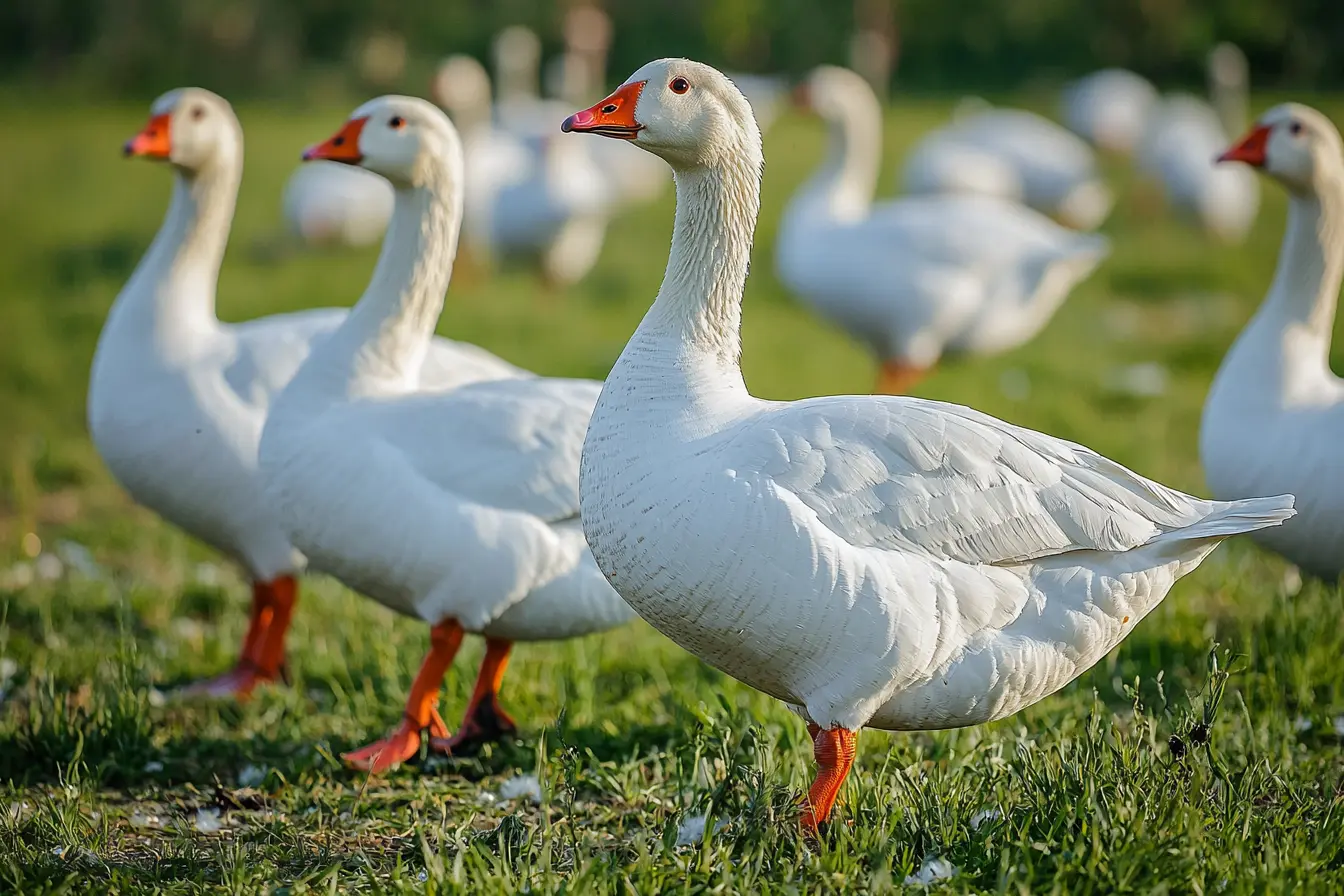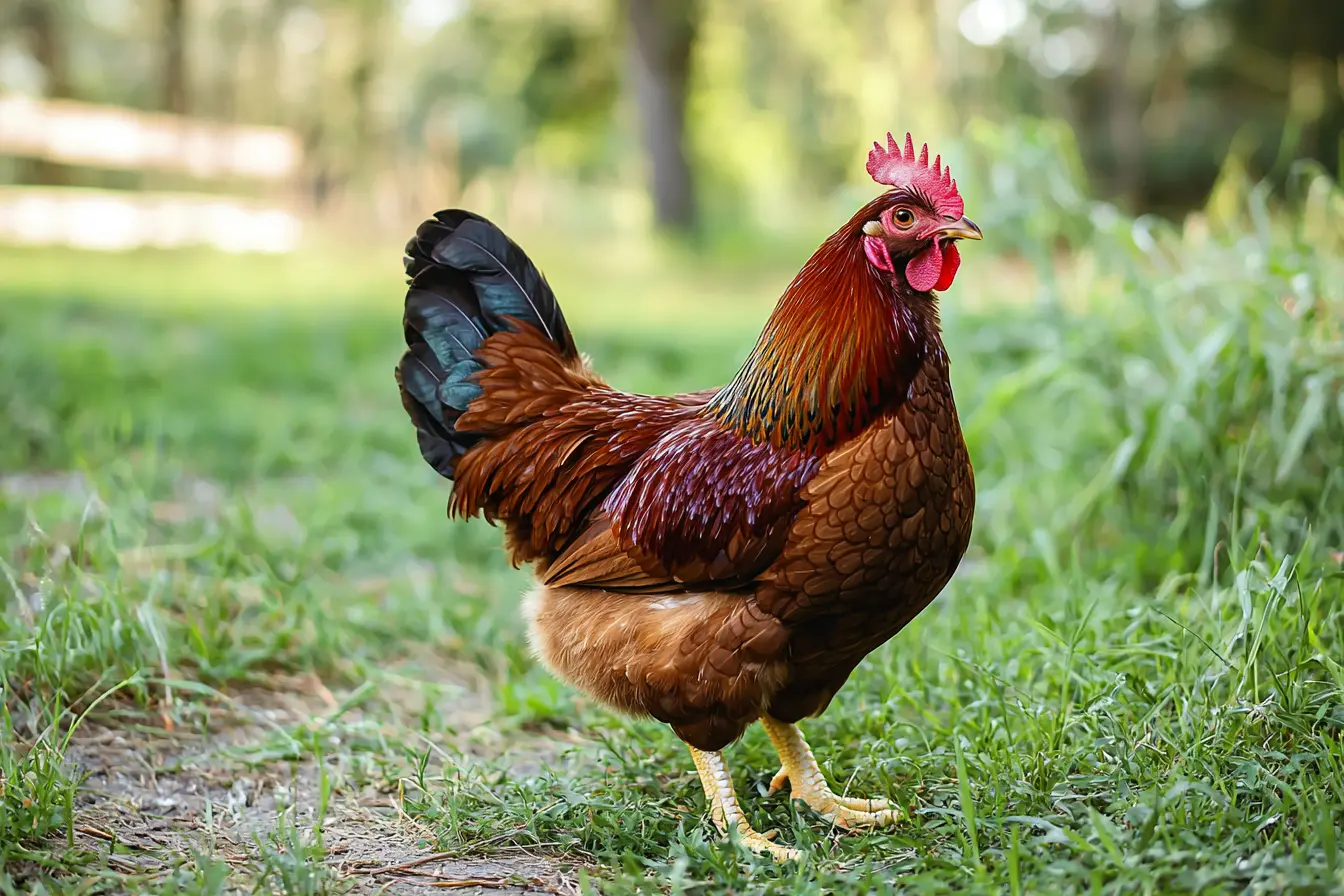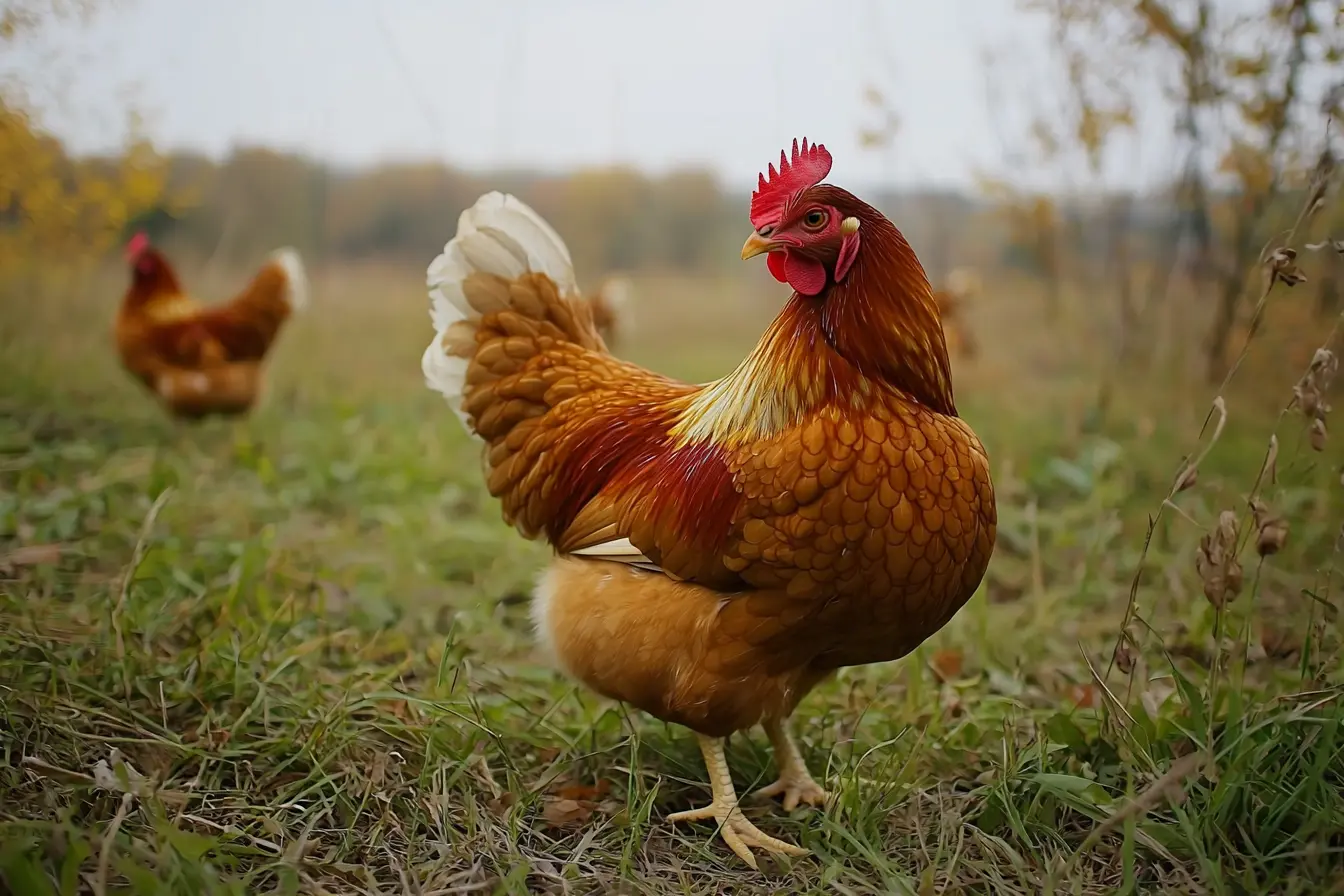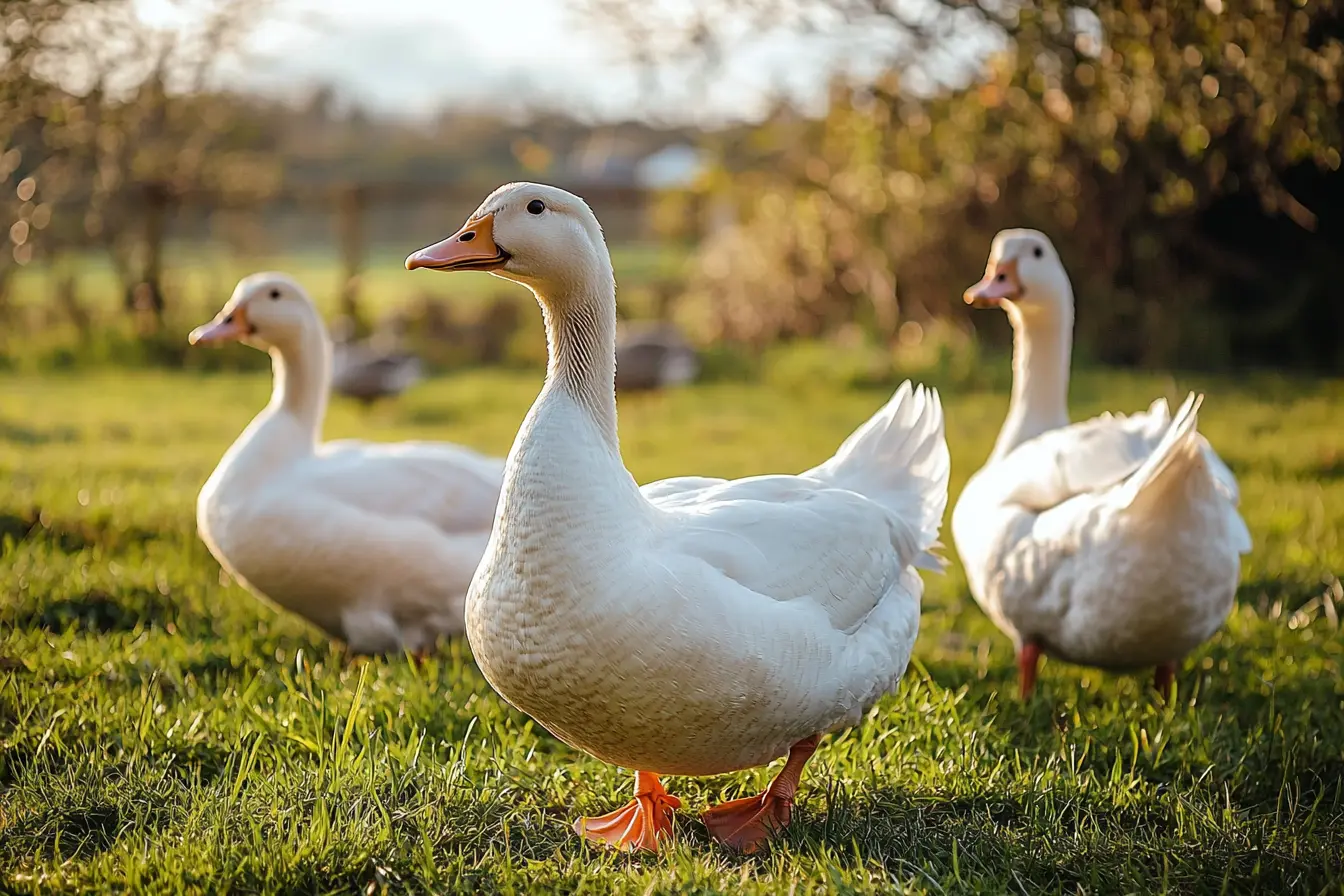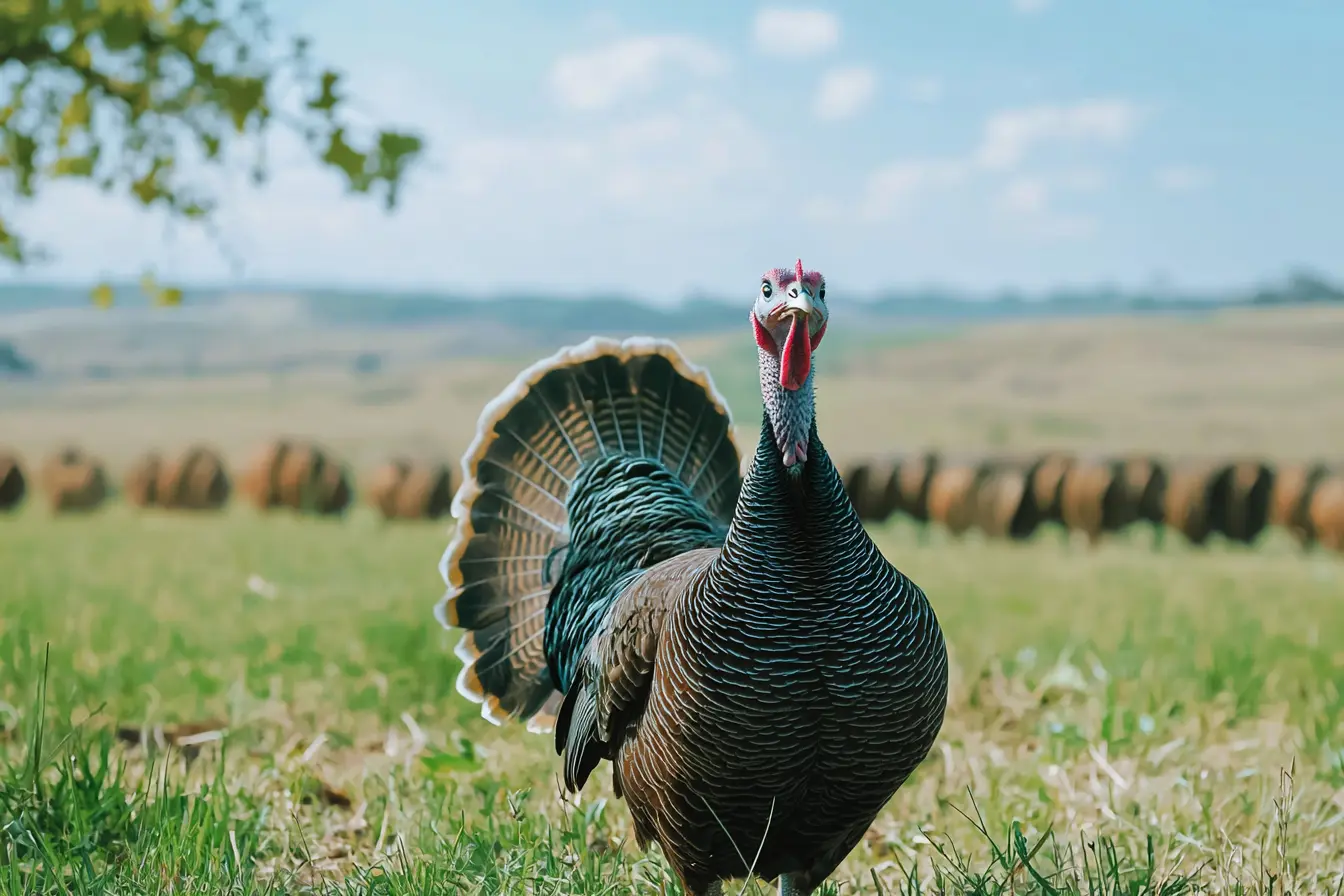
Considering Raising Turkeys? Here's Your Essential Guide
Turkeys are not just for Christmas; they can also be wonderful, engaging pets or a sustainable source of meat throughout the year. If you're considering raising turkeys in the UK, whether for personal satisfaction, for sale, or for their companionship, it’s important to understand the specifics regarding breeds, care requirements, and legalities. This blog post will guide you through the key aspects to consider.
Choosing the Right Breed
Popular Turkey Breeds
- Bronze: Known for their beautiful plumage and robust size, Bronze turkeys are popular for both meat production and as pets due to their friendly nature.
- White Holland: A large breed that is primarily raised for meat due to its fast growth rate and substantial size.
- Bourbon Red: Noted for their striking appearance and excellent meat quality, Bourbon Reds are also known for their good temperament.
- Narragansett: Known for their calm disposition and good mothering skills, making them a great choice for small farms.
Housing and Space Requirements
Shelter
- Protection and Space: Turkeys require a secure and spacious shelter to protect them from the elements and predators. A sturdy coop or barn with plenty of space to roost is ideal.
- Ventilation: Good ventilation is crucial to prevent respiratory issues, which turkeys are prone to.
Outdoor Space
- Fencing: Turkeys need a fenced area to roam that is safe from predators. High fencing is recommended as turkeys can fly, especially the lighter breeds.
- Roaming Area: Turkeys are active foragers and benefit from having space to roam and forage, which can help in reducing feeding costs.
Feeding and Nutrition
- Diet: Turkeys require a high-protein diet, especially in the first few months of growth. Start with a turkey starter feed and transition to a grower feed as they mature.
- Grazing: If space allows, grazing can provide natural nutrients and keep the turkeys healthy. Supplementing their diet with greens and grains can also be beneficial.
Health and Welfare
Regular Health Checks
- Monitoring: Keep an eye on your turkeys for any signs of distress or illness. Limping, lack of appetite, or lethargy are all signs that something may be wrong.
- Disease Prevention: Turkeys are susceptible to various diseases, so maintaining biosecurity measures, such as keeping new birds quarantined, is essential.
Legal and Ethical Considerations
- Regulations: Check local and national regulations regarding the raising of poultry. This includes any specific requirements for slaughtering if you are raising turkeys for meat.
- Welfare: Ensure that you can meet the welfare needs of the turkeys, providing adequate space, nutrition, and care.
Breeding and Rearing
- Breeding: If you plan to breed turkeys, consider the specific needs of breeding birds, such as extra space and nesting areas.
- Rearing Chicks: Raising turkeys from chicks requires a brooder setup with controlled temperature and bedding to keep them warm and safe.
Conclusion
Raising turkeys can be a rewarding endeavour, providing you with a source of meat, a profitable business venture, or simply the pleasure of keeping these magnificent birds. With proper planning and care, turkeys can thrive in a variety of settings, from small backyards to larger agricultural lands. Remember, successful turkey rearing starts with understanding their needs and providing a suitable environment for them to flourish.
Vets near you
Speciality vets
- Aquatics vet specialists
- Birds vet specialists
- Camelids vet specialists
- Cats vet specialists
- Cattle vet specialists
- Deer vet specialists
- Dogs vet specialists
- Equines vet specialists
- Exotic vet specialists
- Goats vet specialists
- Pigs vet specialists
- Poultry vet specialists
- Sheep vet specialists
- Small Mammals vet specialists
- Wild vet specialists
Vet facilities
- Accessible by public transport
- Blood testing
- Car park nearby
- Client car park
- Dentistry
- Diagnostic imaging
- Disabled public access
- Flea and worm treatments
- Microchipping
- Mobile services
- Neutering
- Open at weekends
- Out-of-hours service
- Referral interests
- Referrals only
- Street parking outside
- Toilets available
- Vaccinations
